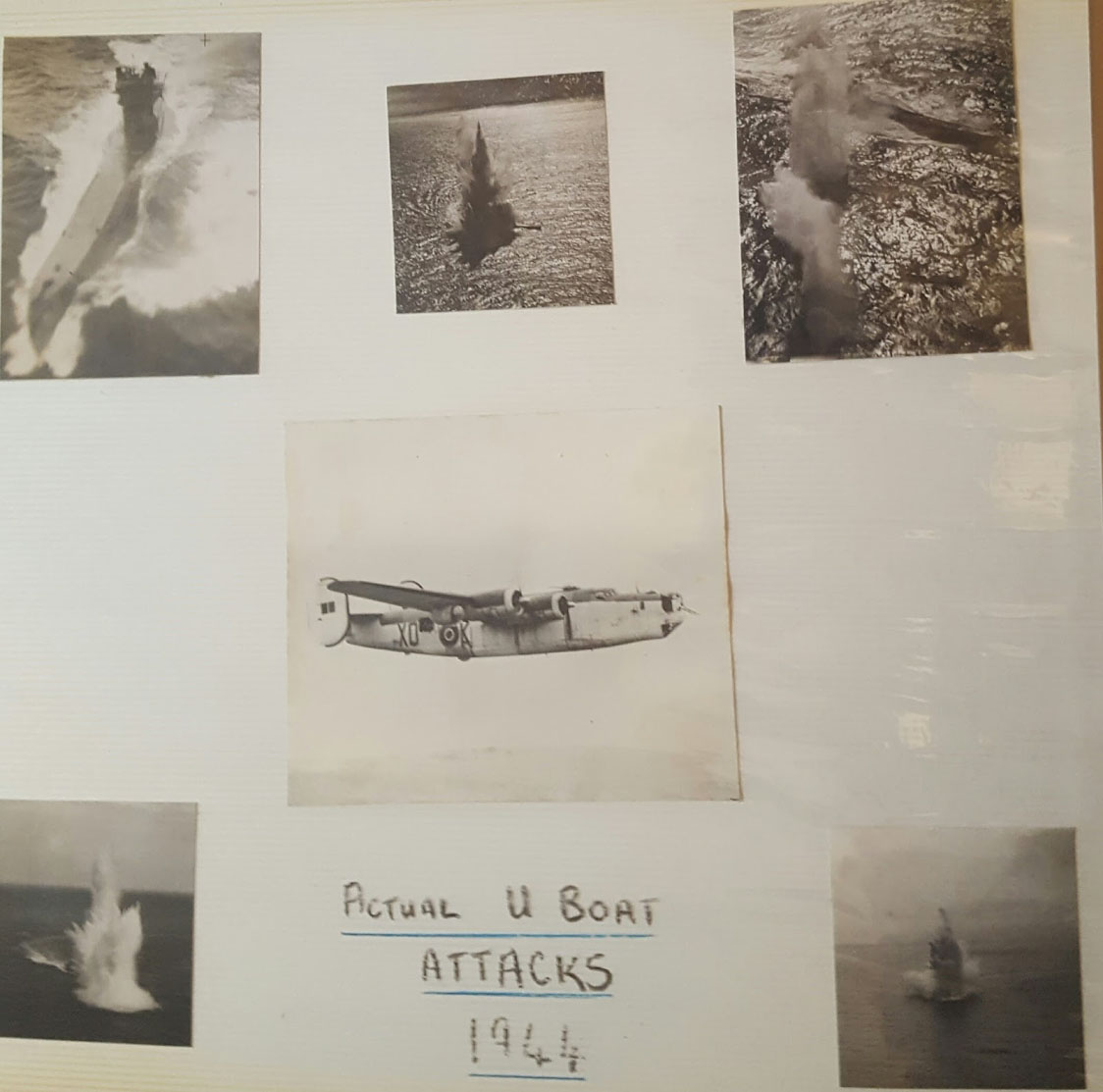On September 15th 1940, the British Royal Air Force (RAF) faced two massive attacks by hundreds of Luftwaffe fighter and bomber aircraft.
The Luftwaffe, Nazi Germany’s Air Force, intended to destroy the British ability to resist an invasion. The Nazis knew that in order to have a chance at success in invading the U.K. and taking London, they would first have to destroy the RAF and establish air superiority. Only that superiority, the Nazis knew, would allow them to support invading ground forces against advanced British defensive preparations.
The RAF knew it as well.
And so, in what became known as the Battle of Britain, between July and October 1940, hundreds of British pilots from RAF Fighter Command launched almost daily defensive sorties against German strike groups. They took heavy losses, and worked at a relentless pace in order to prevent their enemy from destroying airfields and bombing civilians. But it was not until September 15th, when the RAF repelled the largest Luftwaffe air assault, that Hitler gave up on establishing air superiority. With an invasion of the Soviet Union on the cards for the summer of 1941, Hitler decided to reallocate military resources and thus give Britain breathing room against invasion.
While the following months brought hordes of Nazi bombers over British cities and thousands of civilian deaths, the major threat had been eliminated.
It is perhaps hard for Americans to understand the significance of this British victory. So to put things in perspective, imagine if Britain was comprised of just Florida, and Nazi Germany of every other state in the union. In relative scale of power and proximity of geography, that example underlines the threat Britain faced in 1940.
The history books are the best way to remember the heroism of the Battle of Britain, but a scene in the movie, “Into the Storm,” gives some idea.
Let me add in below a photo taken by my British grandfather, an RAF pilot in Coastal Command and Bomber Command.

He took that photo while destroying Nazi U-Boats in the Atlantic Ocean. (My American grandfather was a U.S. Marine.)

